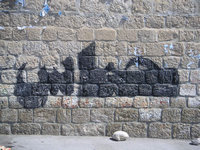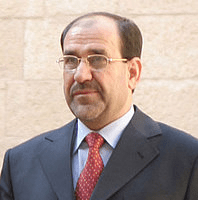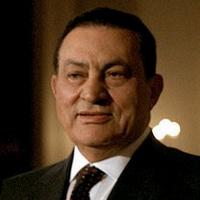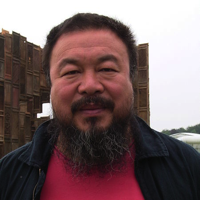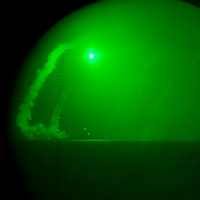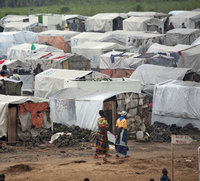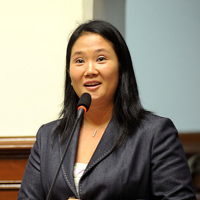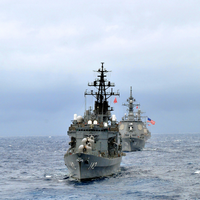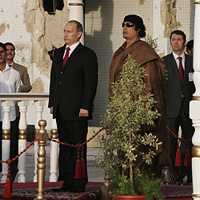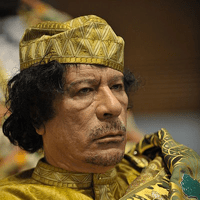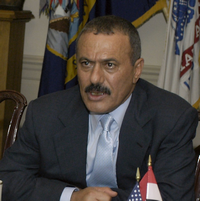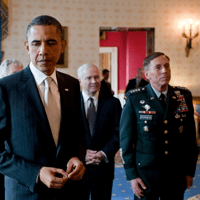
The run-up to the Libya operation created a great deal of buzz in the foreign policy community about the emergence of a new “Obama Doctrine,” one that provides a rationale for the use of U.S. military force to achieve humanitarian ends. But President Barack Obama himself recognizes that he cannot completely dispense with the old Obama Doctrine, which he articulated when he was a candidate for office. The initial view propounded by the then-junior senator from Illinois was one of “restrained engagement” with the rest of the world: liquidating costly overseas military ventures; finding diplomacy-based compromises with other states, rather […]

